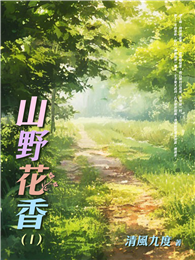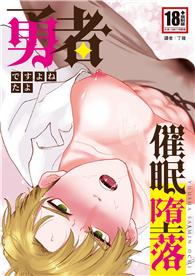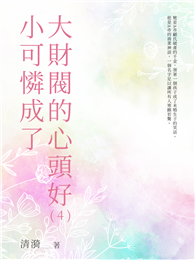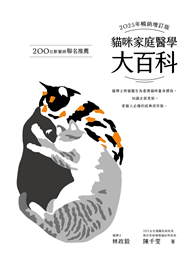| FindBook |
|
有 1 項符合
todd dills的圖書 |
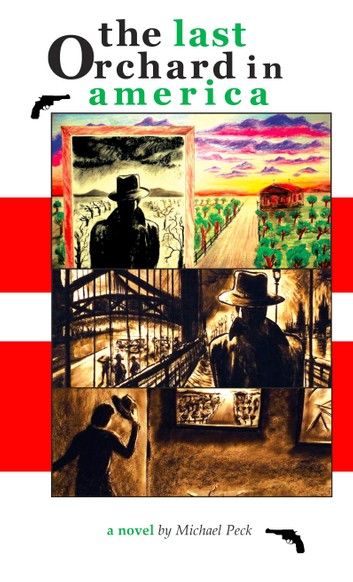 |
$ 241 電子書 | The Last Orchard in America
作者:Michael Peck 出版社:Todd Dills 出版日期:2014-11-23 語言:英文  看圖書介紹 看圖書介紹
|
|
|
SUE LONGTREE IS TOO YOUNG TO BE A MATRIARCH, but when she moves to run down the story behind her brother's suicide, she stands at the top looking down on a family in shambles. The suicide's hardly a whodunit, as the private dick that Longtree hires, the hero of writer Michael Peck's first novel, Harry Jome, sees it. Or is it? The answer may lie less in a wall's bloodstains or the cheap framed prints that cover them than in the pages of a manuscript. The hardboiled meta-noir that is The Last Orchard in America channels both the noir genre's suspense and seaminess, and at once offers an implicit critique of the culture that makes it possible.
ADVANCE PRAISE FOR ‘LAST ORCHARD IN AMERICA’
Combining the black-hearted noir of our haunted country with more twists and turns than anyone could predict. Better yet, in its narrator, Harry Jome, Last Orchard unleashes a voice as wry, surprising and inventive as any in recent memory. —Peter Rock, author of The Shelter Cycle and My Abandonment
A classical story of the damaged damsel limping alongside the recovering rogue toward parts unknown. And while it’s clearly a novel that takes itself seriously, that doesn’t mean the reader is never given a moment of levity, a break from the grim nature of the subject matter: “Anybody who gets his head knocked off by a slow-moving train is challenged in some special way.” It’s the beautiful bastard child of The Long Goodbye, Pulp, and Confederacy of Dunces. —Andrew Armacost, author of The Poor Man’s Guide to Suicide
You know the guy: private gumshoe, buying his pistol back from hock, waiting on a tailor to finish his suit cuffs. You know the city, though here it helps that our hero has the eye of an architecture critic, pacing around the brutalist office blocks, monuments to extortionist drunks. Here daylight comes like “a premature baby…dangled in the trash-filled crevasses...wax[ing] gray and forbidding.” And, yes, you know the genre, but this is noir on noir, cynical to the point of meta-reflection. “Real stories don’t have morals or plots,” our protagonist muses, and real mysteries are just that, jagged-edged puzzle pieces for which, at best, solution is an act of will and denial. After the dame has made her entrance, dripping sex, then gone like “curdled milk on an expensive porcelain saucer” and pulled out her blades and made her exit, all too fast, there’s nothing left but a motel room that smells of death and more liquor on top of the liquor that has already stopped having any kind of effect. The dick picks up the Bible, that “first, monstrous piece of detective fiction,” and a con plot, at that. Peck gives us a world “as wholesome as lice,” in a tone that’s as infectious, inescapable. You’ll be itching through these pages for days after you’re done, thinking back on the images of bridges or lines like this, about death: “Dying is just the fear of dying. I savored and chewed my breath as though it were poisoned oatmeal.” —Spencer Dew, author of Songs of Insurgency, among others
Here’s a book that any avid Law & Order or Dashiell Hammett fan—like my old lady—can get behind: a novel that’s hilariously deadpan noir parody and excellent noir at the same time. It’s like ruddy, half-polished wingtips in the rain, or like a simile. —Jamie Iredell, author of The Book of Freaks
|
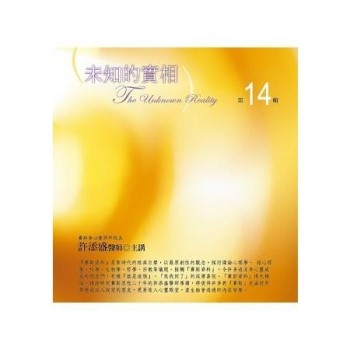





![塔木德:猶太人的致富聖經[修訂版]:1000多年來帶領猶太人快速累積財富的神祕經典 塔木德:猶太人的致富聖經[修訂版]:1000多年來帶領猶太人快速累積財富的神祕經典](https://media.taaze.tw/showLargeImage.html?sc=11100697818)

